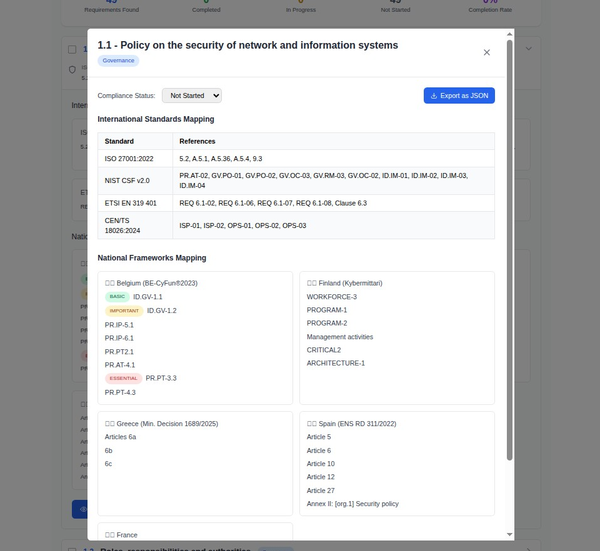The 8-K Filing in the Crosshairs of Compliance and Fines

When a publicly traded company in the U.S. faces a significant cybersecurity incident, the immediate aftermath involves a whirlwind of containment, remediation, and communication efforts. Central to this is the Form 8-K filing with the U.S. Securities and Exchange Commission (SEC). But beyond the 8-K, companies must also grapple with a myriad of compliance regulations and potential fines. Here's a closer look.
The Compliance Landscape
The regulatory environment for cybersecurity and data protection has grown increasingly complex. Companies must navigate a patchwork of federal, state, and international regulations, each with its own set of requirements and penalties. Some of the most prominent include:
- GDPR (General Data Protection Regulation): This European Union regulation imposes strict rules on data protection and privacy. Non-compliance can result in fines of up to 4% of a company's global annual revenue or €20 million, whichever is higher.
- CCPA (California Consumer Privacy Act): This state law grants California residents enhanced privacy rights and consumer protection. Violations can lead to civil penalties of up to $7,500 per intentional violation.
- HIPAA (Health Insurance Portability and Accountability Act): For healthcare entities, breaches of protected health information can result in fines ranging from $100 to $50,000 per violation, with a maximum annual penalty of $1.5 million.
The 8-K and Compliance Overlap
While the 8-K is primarily a disclosure mechanism, its filing can intersect with compliance regulations in several ways:
- Timeliness: Many regulations require breaches to be reported within a specific timeframe. The decision to file an 8-K can be influenced by these timelines, especially if the breach is deemed material.
- Transparency: The information disclosed in an 8-K can serve as a basis for compliance with other regulations that mandate breach notification to affected individuals or regulatory bodies.
- Evidence of Due Diligence: A timely and detailed 8-K filing can demonstrate a company's commitment to transparency and may be viewed favorably by regulators assessing the company's response to a breach.
Potential Fines and the 8-K
Failure to file an 8-K in the wake of a material cybersecurity incident can have repercussions beyond SEC penalties. Regulatory bodies may view the omission as evidence of a broader pattern of non-compliance or negligence, influencing their decisions on fines and penalties related to the breach itself.
Conclusion
The 8-K filing, while a critical component of a company's post-breach response, is just one piece of a much larger compliance puzzle. Companies must be proactive in understanding the full spectrum of their regulatory obligations and potential liabilities. This requires a holistic approach to cybersecurity, encompassing not just technical defenses but also robust compliance management and clear communication strategies.





